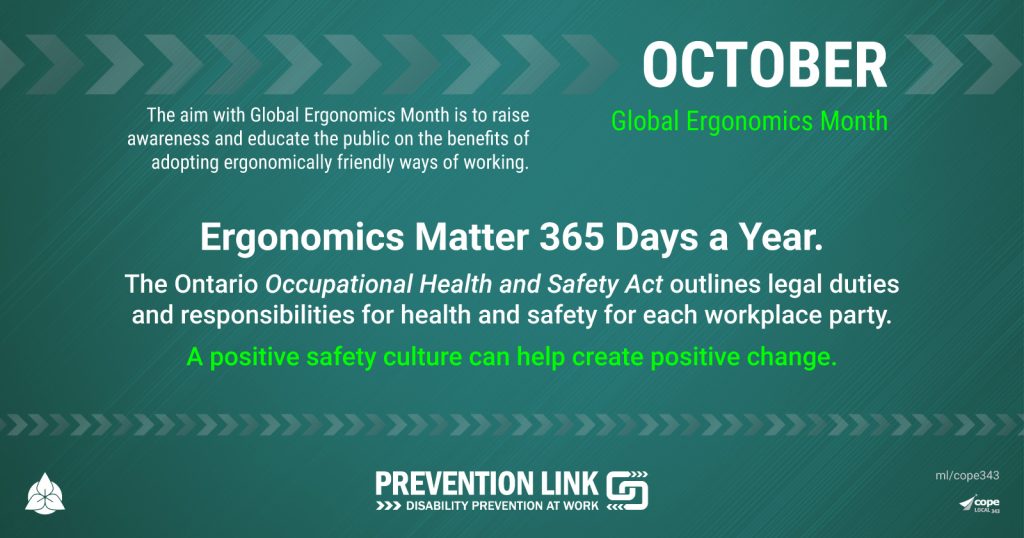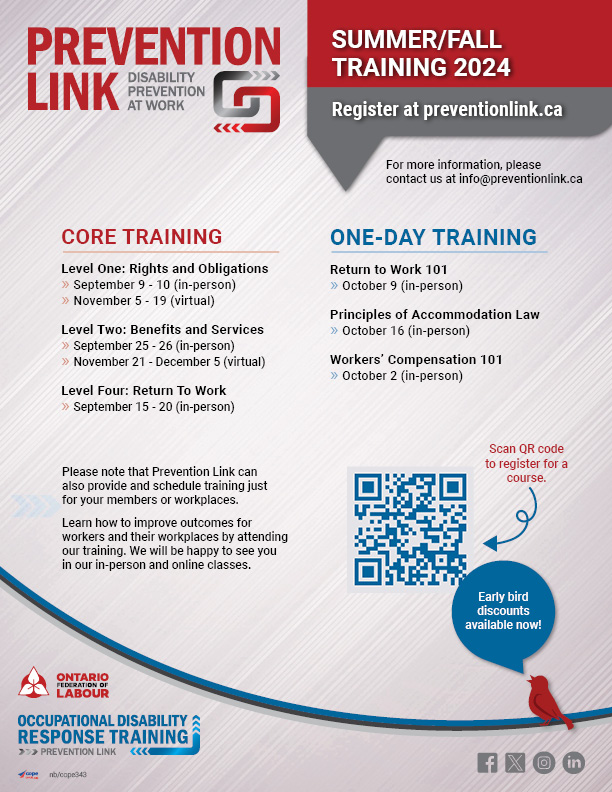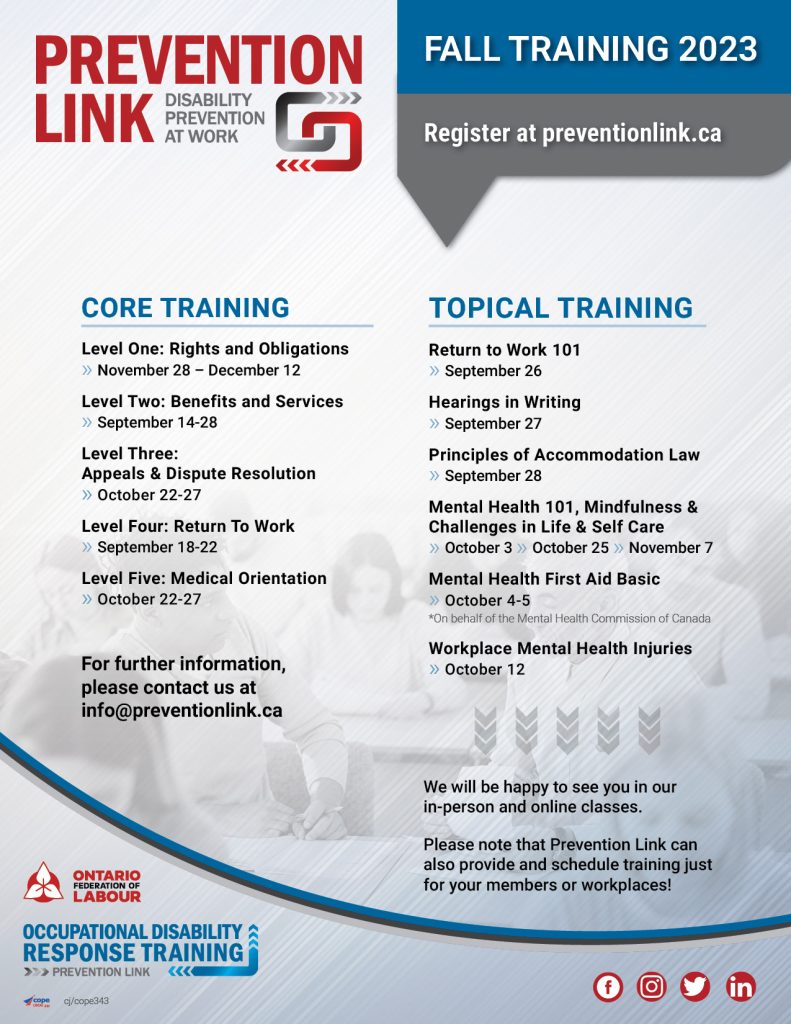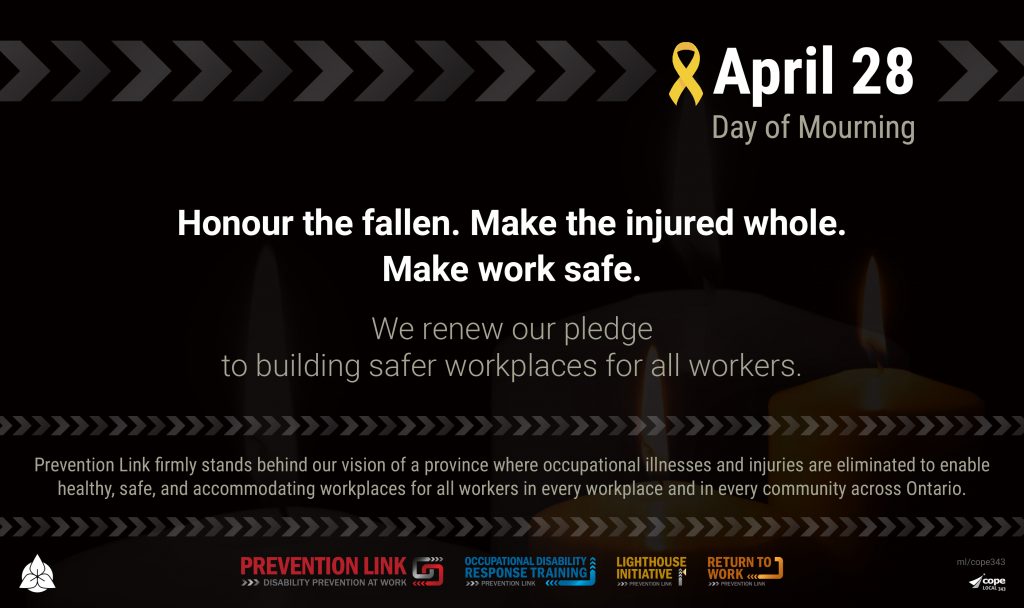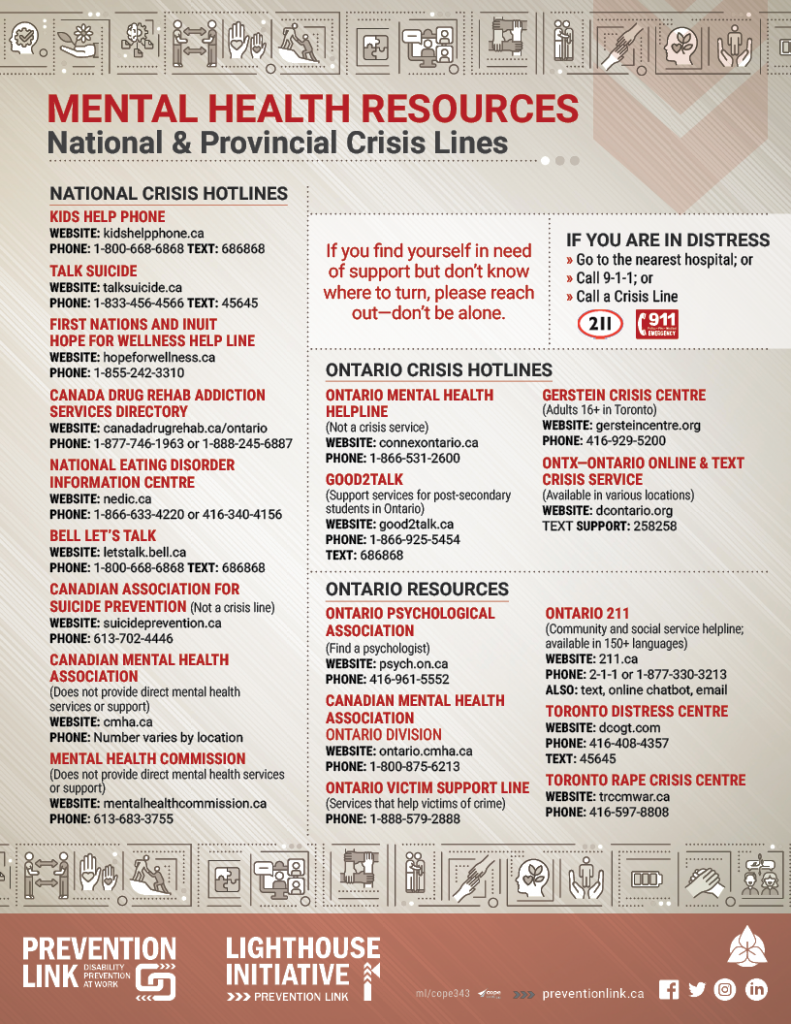
When an injury or illness happens on the job, the Workplace Safety and Insurance Board (WSIB) provides compensation such as wage-loss benefits, medical coverage and support to help people recover and get back to work. It includes COVID-19.
The Ontario’s Human Rights Code’s policy position is that the Code ground of disability is engaged in relation to COVID-19, as it covers medical conditions or perceived medical conditions that carry significant social stigma. Ontarians must keep human rights principles and relevant human rights treaties at the centre of decision-making when dealing with infectious diseases, such as COVID-19.
Learn more by downloading our updated guides.
» Workers’ Compensation & COVID-19: Know Your Reporting Rights & Responsibilities
» Workplace Exposure to Coronavirus
» Discrimination and COVID-19
» Duty to Accommodate and Illnesses such as COVID-19
